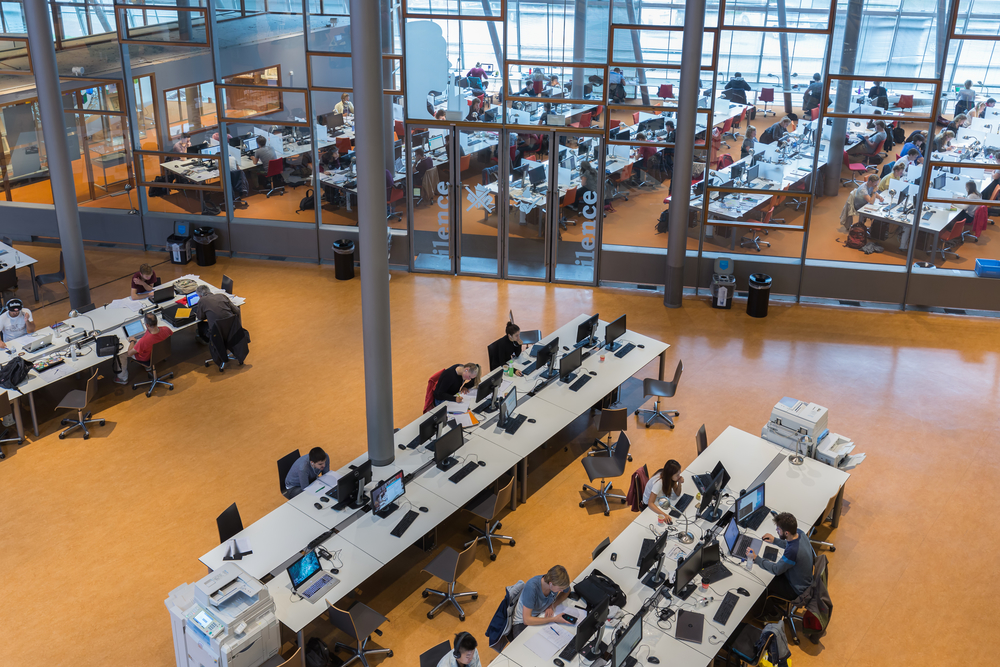Dutch universities have more students but government funding fails to keep pace

Dutch universities are producing more graduates but this is not reflected in the amount of money the government is spending on the institutions, and universities of technology in particular are suffering, the Rathenau Institute says in a report out on Monday.
Between 2009 and 2016 there was a 33% increase in the number of bachelor graduates and a 29% rise in people passing a master’s degree. However, government spending only went up 13%, while inflation over the seven years was about 10%.
The biggest discrepancy was found at the four universities of technology (Delft, Eindhoven, Twente and Wageningen) which have all warned that they will have turn away students for some of its courses because of a lack of staff and facilities, the FD said.
They have produced 65% more bachelor graduates over the 10 year period, but government funding has gone up just 8.5%.
The Rathenau Institute, which conducts research and organises debate relating to science, innovation and new technologies, says the government must look again at how universities are financed.
At present universities receive a lump sum from the government based partly on the number of students and divided between their educational and research activities. They also receive fees from students and money from third parties for research.
‘Instead of talking about turning students away the debate should be about the quality of our university education and the system which would promote it best,’ Melanie Peters, director of the Rathenau Institute, said.
Thank you for donating to DutchNews.nl.
We could not provide the Dutch News service, and keep it free of charge, without the generous support of our readers. Your donations allow us to report on issues you tell us matter, and provide you with a summary of the most important Dutch news each day.
Make a donation